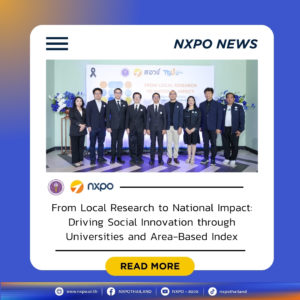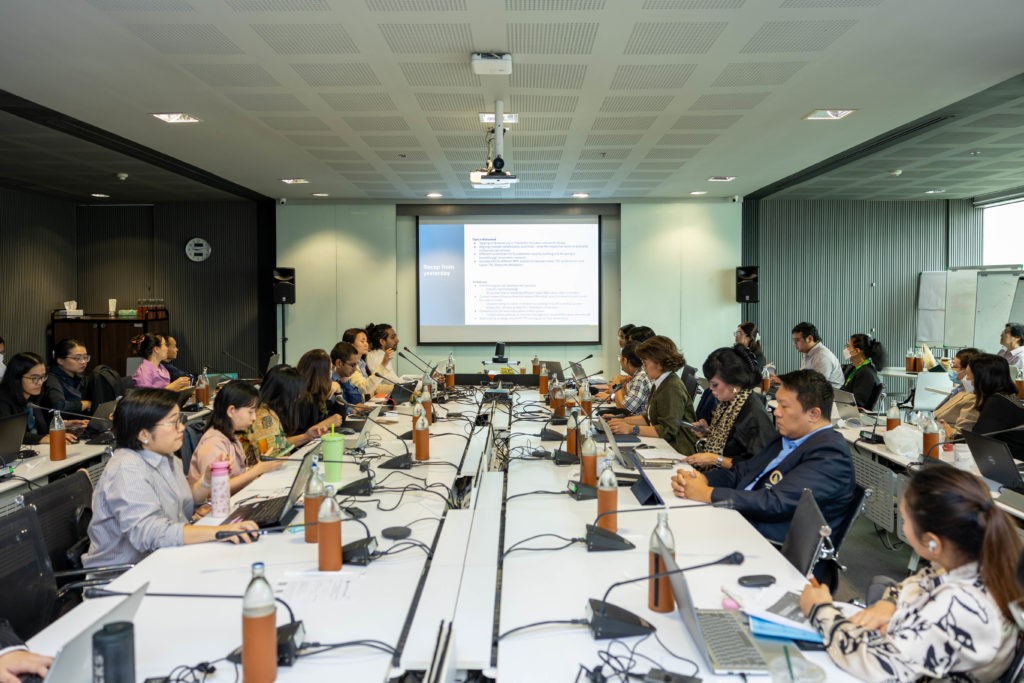
On 12-13 September 2024, NXPO in collaboration with Food Innopolis at Kasetsart University and the Good Food Institute Asia Pacific (GFI-APAC), organized a workshop focusing on enhancing the innovation ecosystem and workforce strategies to strengthen Thailand’s alternative protein industry. The event brought together over 100 participants from universities, research institutions, government agencies, the private sector, and startups.
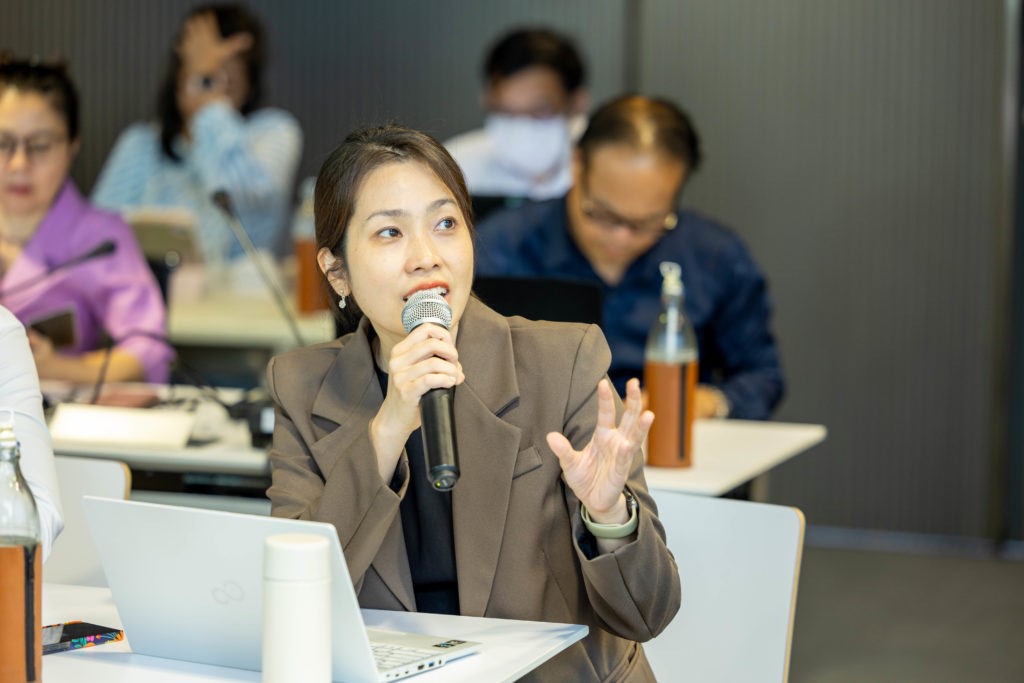
Ms. Sirinya Lim, Senior Director of Innovation Economic Policy Division at NXPO, explained that the workshop aimed to assess the current state of the alternative protein industry in Thailand, identify goals, address gaps, and determine key issues related to research, infrastructure, and workforce development. The findings will be used to devise mechanisms and work plans to strengthen the innovation ecosystem and workforce, ensuring sustainable growth for the industry.
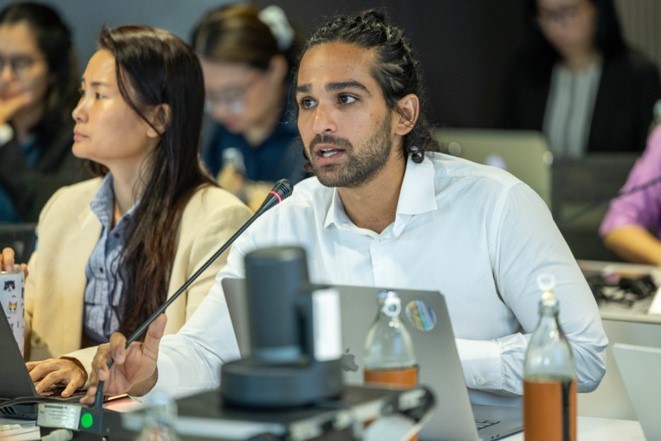
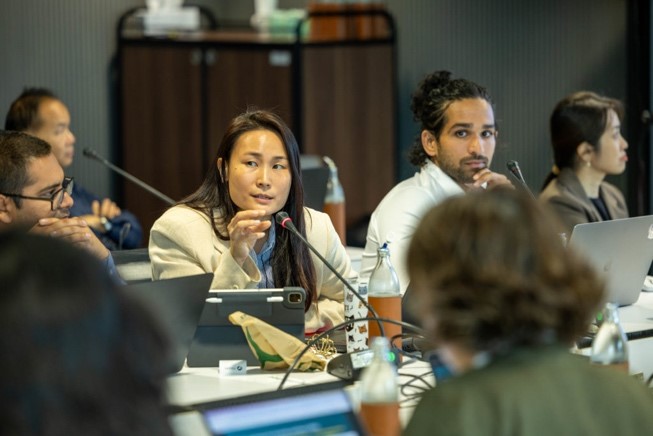
R&D discussions highlighted the potential use of plants and microorganisms from the biobank. While there has been significant progress in plant-based protein research, commercialization is hindered by the high cost of machinery and new technologies. Furthermore, availability of raw materials for industrial production needs to be addressed by connecting to large-scale farming to secure adequate supply. Meanwhile, the cultured meat sector requires support throughout its entire value chain from upstream to downstream due to limited research.
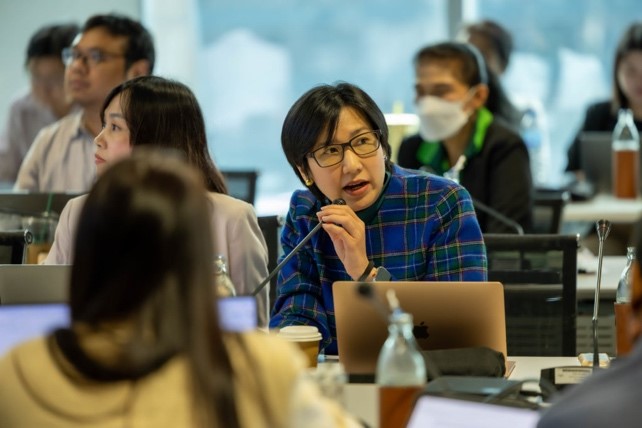
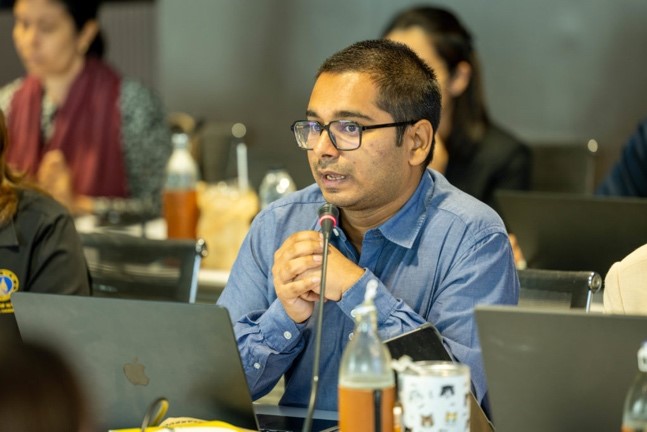
The meeting proposed that the research funding should align with industry needs, prioritizing areas such as biodiversity application for alternative protein production. This includes culture media development, characterizing microorganisms in the biobank for protein and fatty acid production, and processing raw materials for animal feed, for instance.
Workforce development discussions underscored the need for specialists not only in food science but also in the advanced machinery essential for alternative protein production.
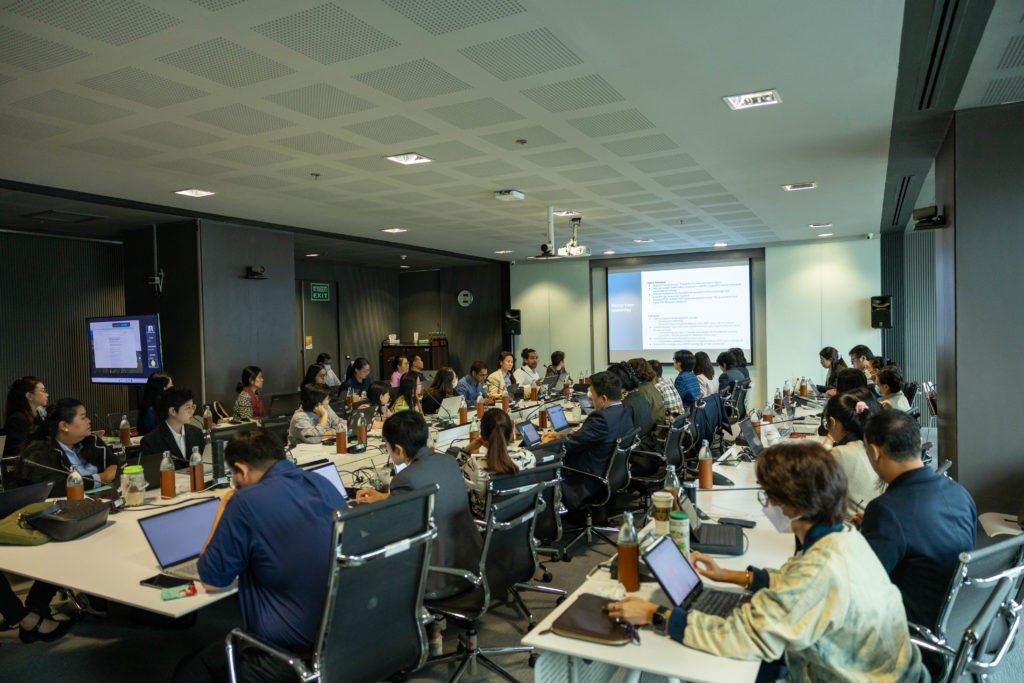
Regarding infrastructure, the National Biobank of Thailand (NBT), operating under the National Center for Genetic Engineering and Biotechnology, the National Science and Technology Development Agency, provides safe deposit and information services for microorganisms, mushroom, fungi, and plants. This serves as a key infrastructure supporting bioresource conservation and research for sustainable utilization, with services available to the public. However, the meeting acknowledged that the private sector still requires government support in pilot-scale facilities to validate production processes and conduct market testing before committing to full-scale production investments.
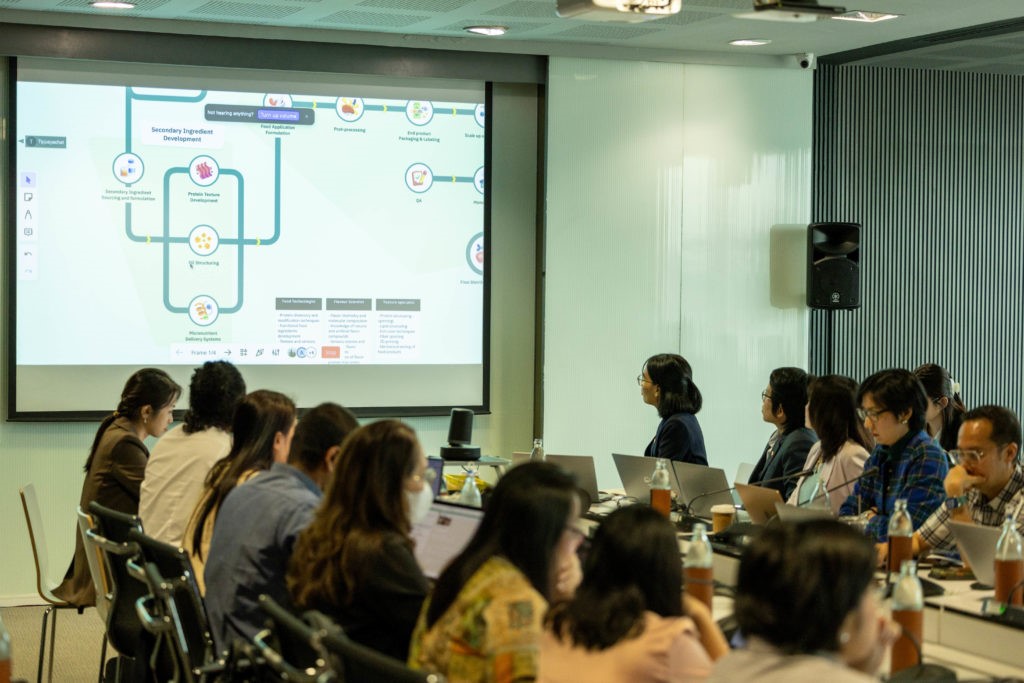
As the host, NXPO will compile challenges and solutions identified during the workshop as a foundation for future strategies to enhance Thailand’s alternative protein ecosystem. NXPO also plans to hold more meetings with stakeholders to advance this initiative.


